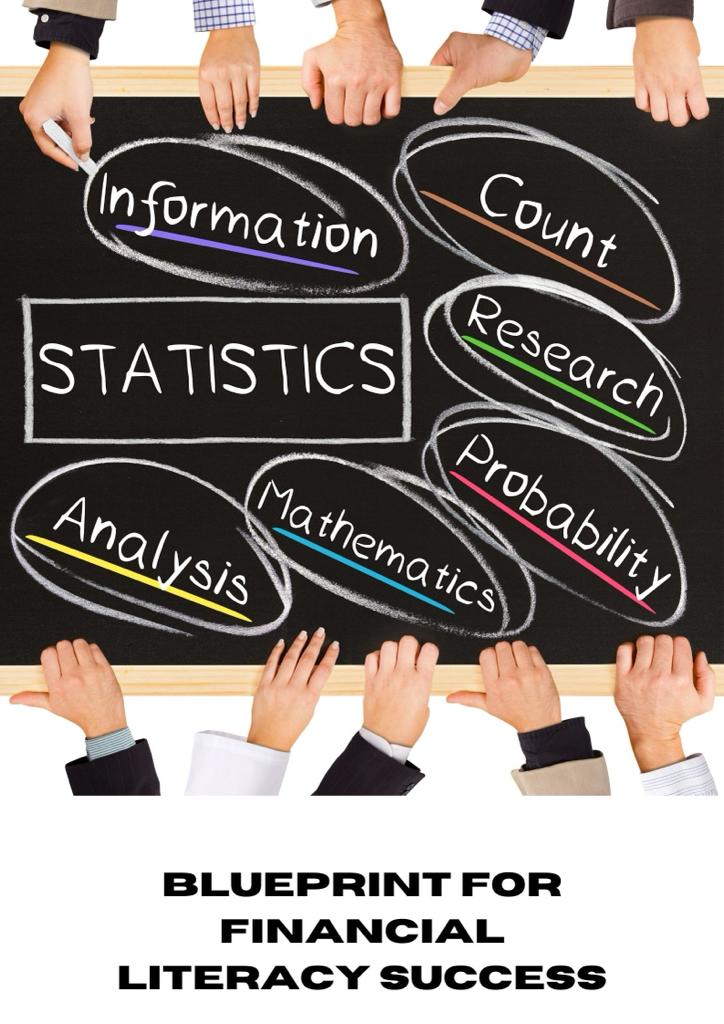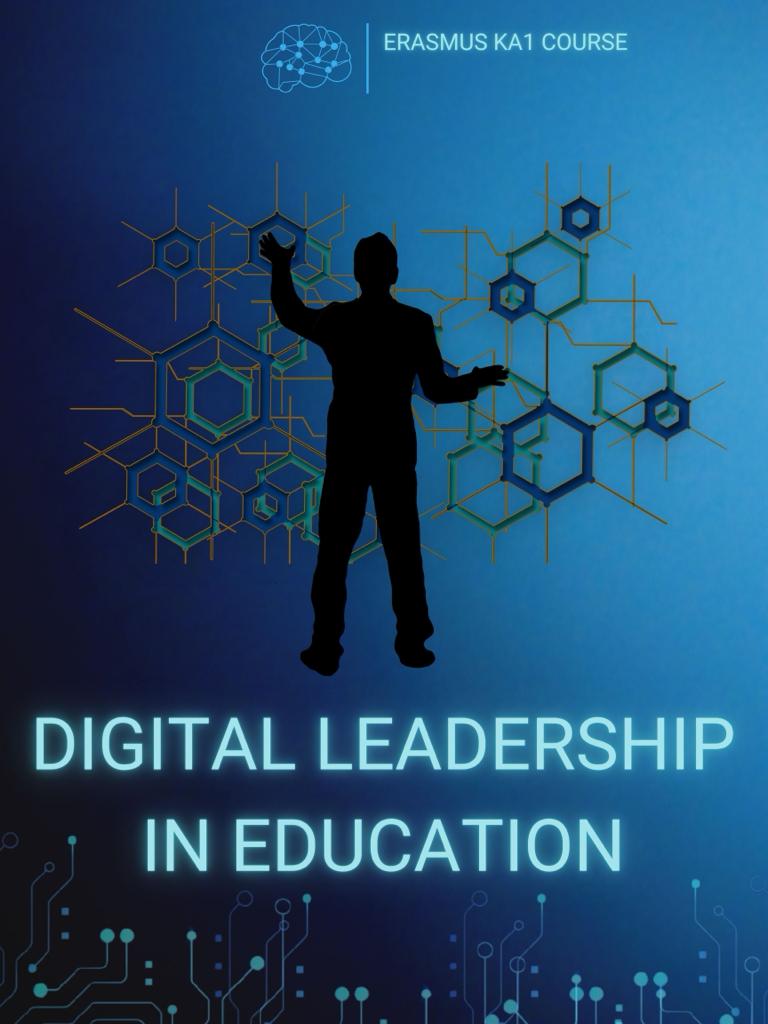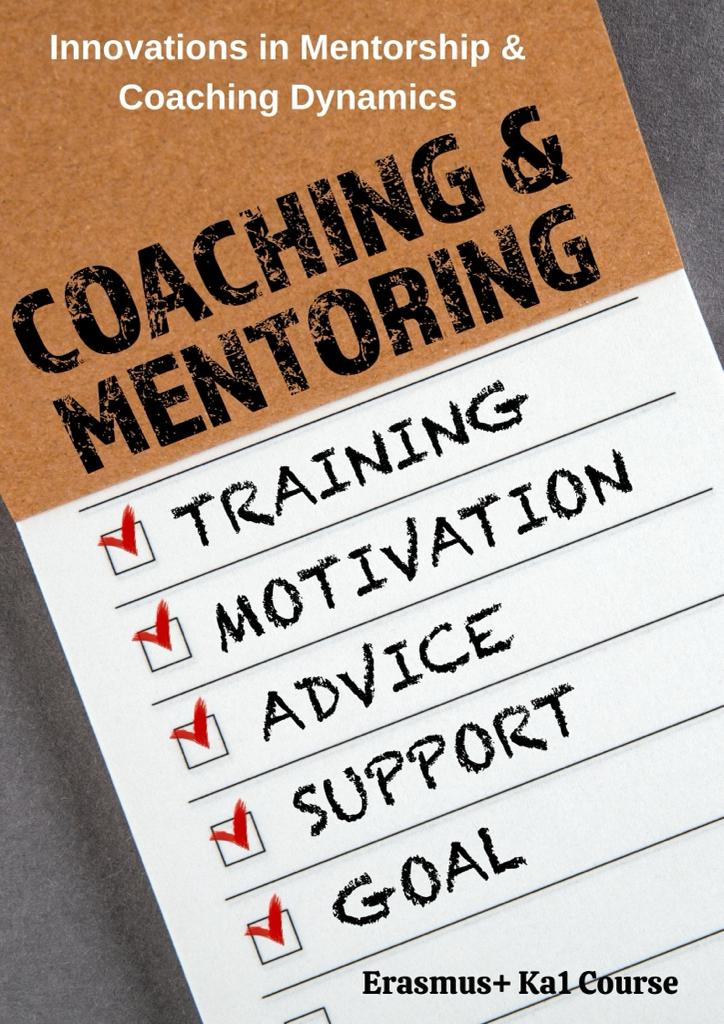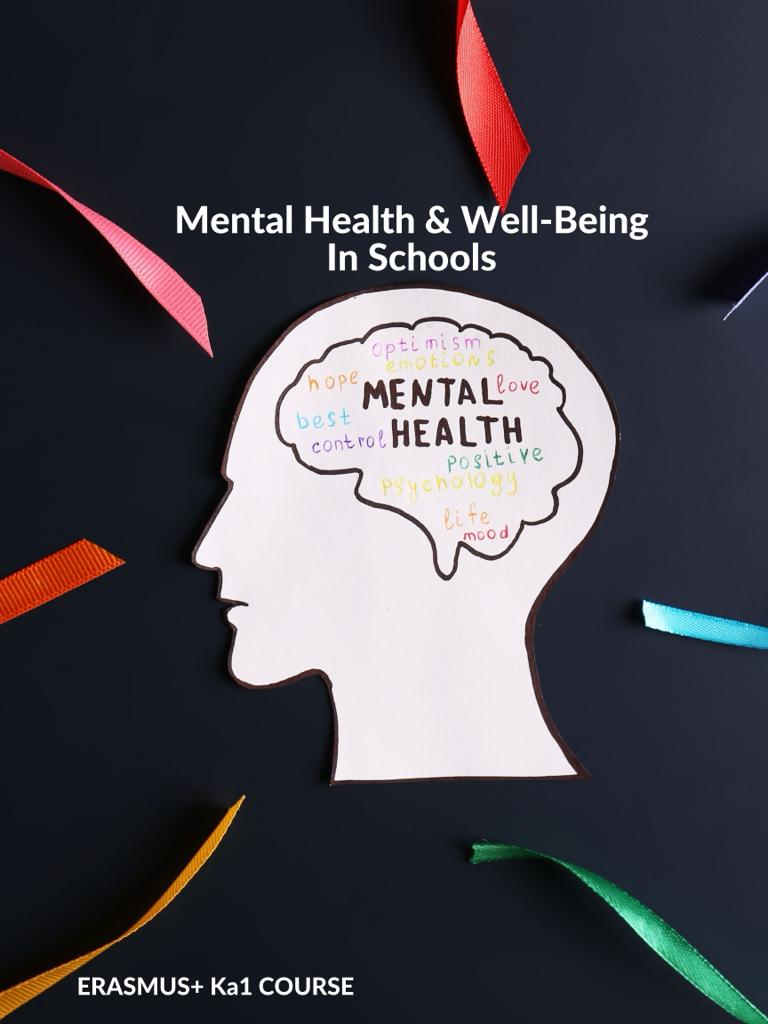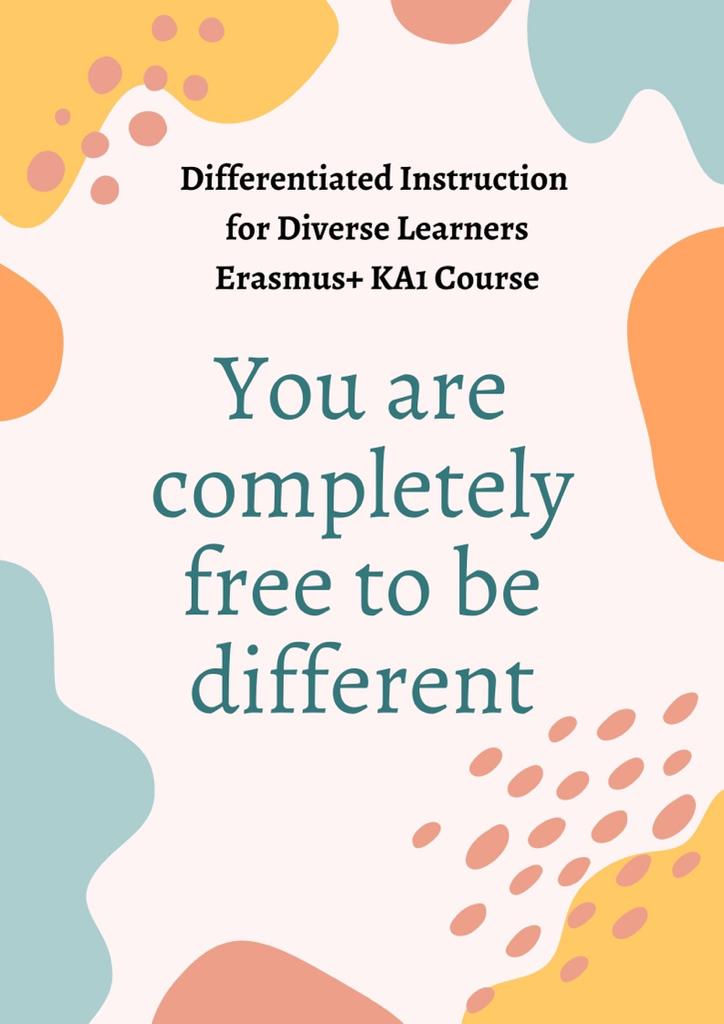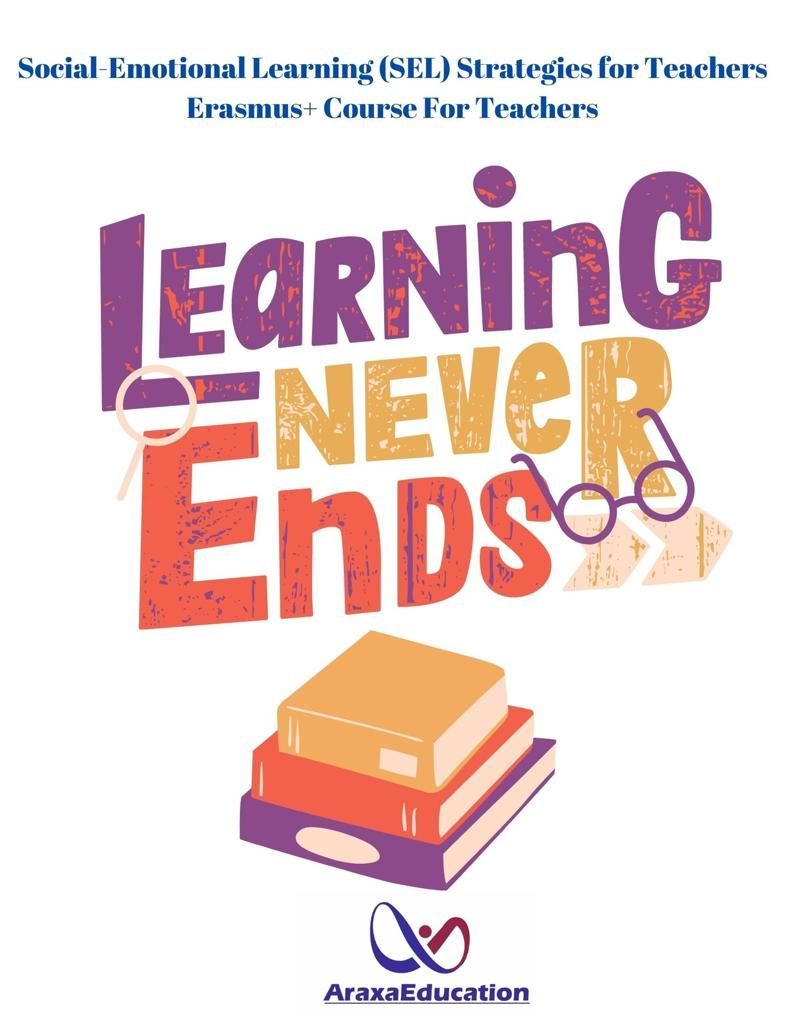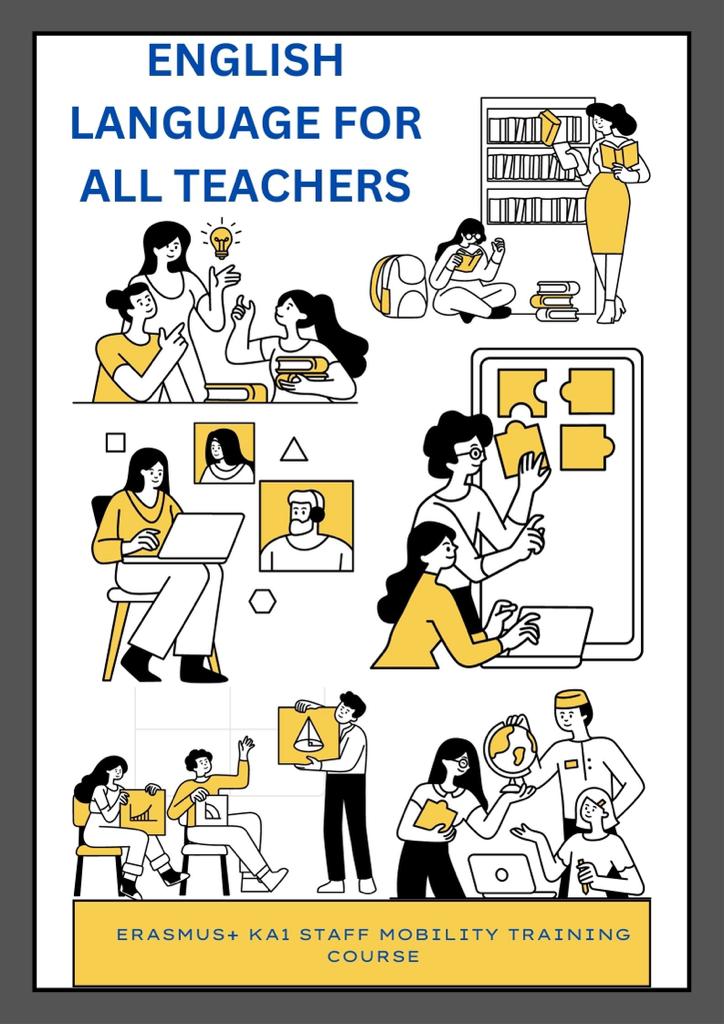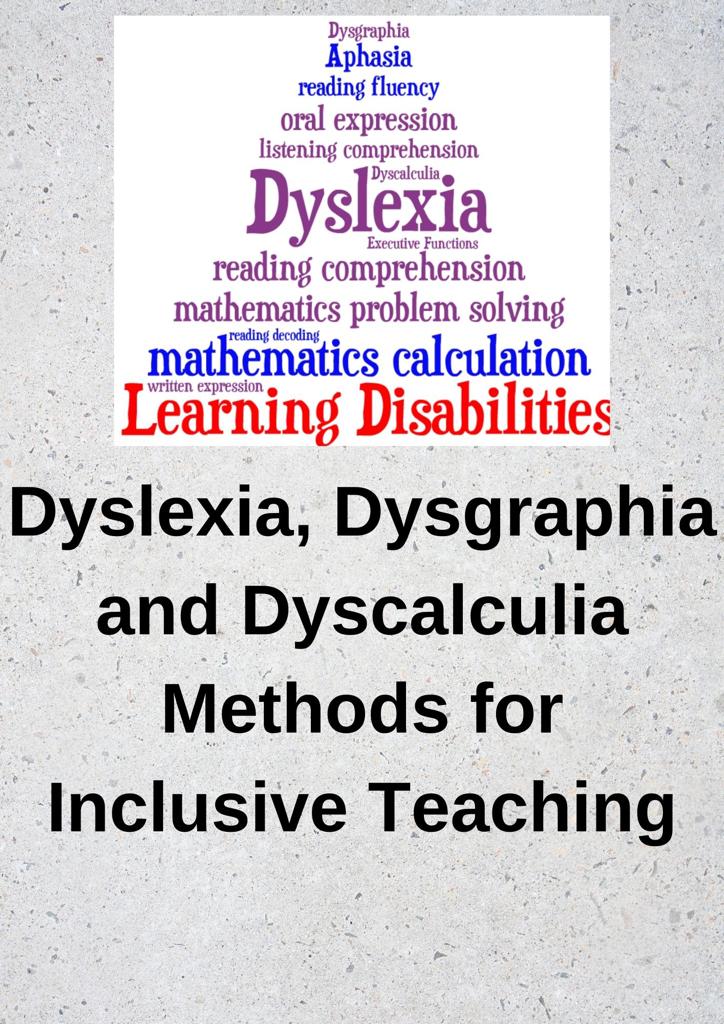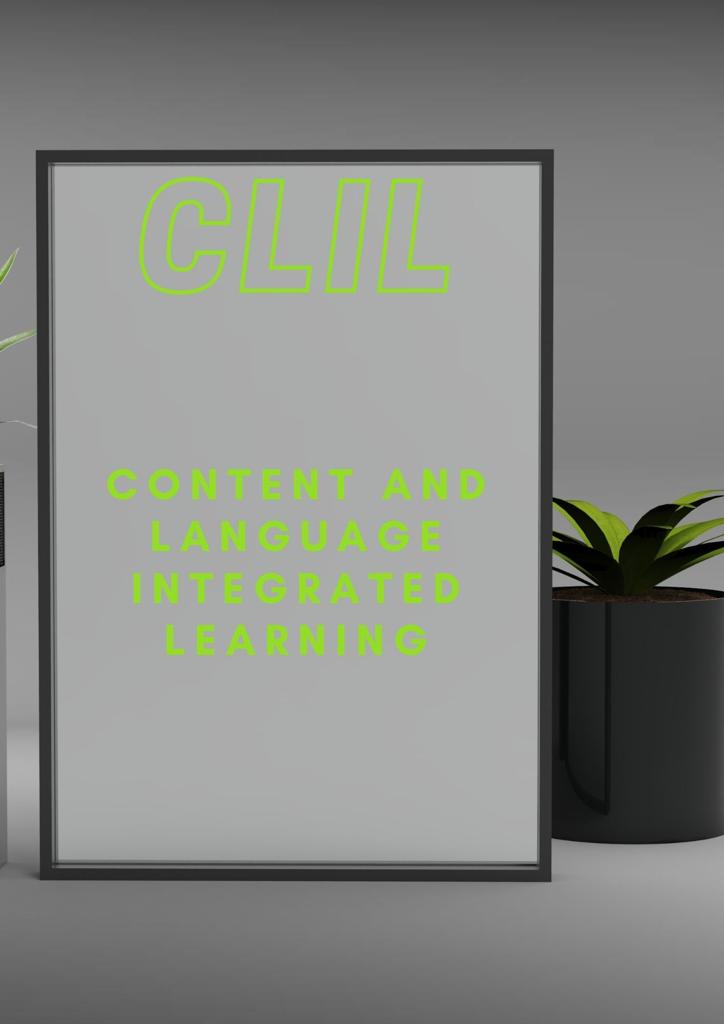| Course Description | This course is for teachers who want to develop their media literacy skills and, respectively, teach their students how to become responsible media consumers and creators. The participants will work on different types of media, with special stress on online media. They will learn how to analyse and create media content as well as become responsible online media users. While creating media content, they will develop their ICT and transversal skills.
By taking an active part in this course, the participants will become more confident in incorporating media literacy into their everyday teaching. |
| Methodologies Of The Course | ● blended learning
● cooperative learning ● multiple intelligences ● different training formats: workshops, presentations, good practice sharing, formal and non-formal learning |
| Pedagogical Approach | ● student-centred approach
● interactive ● combined learning |
| Teaching Methods | ● ICT
● inquiry process ● working in international pairs/groups |
| Learning Outcomes | ● develop media literacy skills with special stress on online media
● learn about different modes used in the media ● incorporate new teaching methods into teaching practice, such as blended learning ● develop transversal skills ● design media literacy materials to be used in classrooms ● integrate media literacy into their syllabus ● exchange good practices and discuss challenges concerning media literacy with fellow colleagues ● develop a greater understanding of cultural diversity and EU values such as responsible citizenship and tolerance ● encourage modernisation and international cooperation within their educational organisations ● network with colleagues from the different organisations |
| Objectives | ● developing media skills, transversal, and ICT skills
● becoming a responsible media user ● develop media literacy skills |
| Language | English |
| Duration | 5 Days |
| Type of Certification Awarded |
|
Schedule of the activities
|
Online Meeting Program |
Room for improvement – what the needs of your institution are, what you need to learn: adjusting course learning outcomes and activities as needed |
| Day 1 |
|
| Day 2 |
|
| Day 3 |
|
| Day 4 |
|
| Day 5 |
|
| Online meeting |
|
|
Course Fee
|
The course fee is 80 Euros per participant per day.
This fee does not cover some expenses like accommodation or travel etc. Costs covering enrolment fees for staff mobility format ‘Courses and training’. ( Source: Erasmus+ Program Guide) |
You can also make requests for different dates and locations when filling out the pre-registration form, aside from the planned program.
|
PLANNED |
Zagreb, Croatia
1. May 06-10, 2024 2. June 17-21, 2024
Budapest, Hungary 1. May 13-17, 2024 2. July 22-26, 2024
İstanbul, Türkiye 1. May 20-24, 2024 2. August 26-30, 2024
Alanya, Türkiye 1. May 27-31, 2024 2. September 30-October 04, 2024
Antalya, Türkiye 1. June 03-07, 2024 2. November 04-08, 2024
Prague, Czech Republic 1. June 10-14, 2024 2. December 02-06, 2024
Rome, Italy 1. June 17-21, 2024 2. January 06-10, 2025
Paris, France 1. June 24-28, 2024 2. January 13-17, 2025
Barcelona, Spain 1. July 01-05, 2024 2. February 10-14, 2025
Thessaloniki, Greece 1. July 08-12, 2024 2. March 17-21, 2025
Lisbon, Portugal 1. July 15-19, 2024 2. April 21-25, 2025
|






